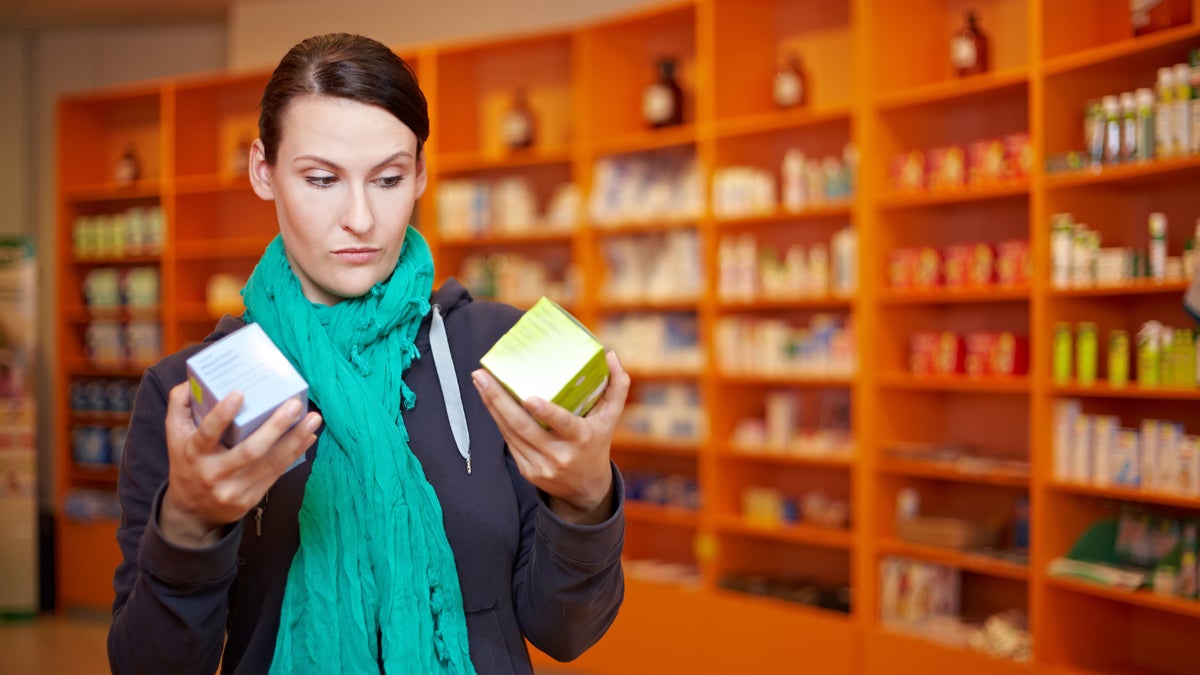How to separate fact from fiction when it comes to health products designed by scientists
Listen
(Shutterstock Image)
Do you think a special beverage could make your brain more powerful, especially when that beverage has been developed by neuroscientists?
We thought this was a good question to run by regular Pulse contributor, Bethany Brookshire. She’s a science educator and writer for Science News who often investigates and debunks a lot of questionable science.
We asked her about a new drink called TruBrain, which claims to give you increased focus and brain power upon consumption. There were a lot of scientists involved in the creation of this drink. So in these types of scenarios, does that really mean the claims are true?
“Not necessarily no. It really does depend,” says Brookshire. “There’s a lot of research going on right now into what exactly cognitive enhancement is, what cognition is, what it means to have something make you smarter.”
But what does it mean to be smarter? Does it mean you have more focus, more alertness, better memory? Is there a drug that you can drink that will give you any of these things?
Brookshire says the best chemical in the world for making your brain work better is glucose.
“Glucose is the main monosaccharide, or sugar molecule, that the brain uses for fuel. Glucose is great for thinking, focus, memory consciousness, all the good stuff,” she says.
There are also drugs for attention deficit disorder that increase focus and attention and caffeine, which helps block the receptors in your brain that result in you being more alert.
“So there are certainly drugs that increase certain aspects of your brain function,” says Brookshire. “Does that make you smarter? That’s tough to say. Many of these studies haven’t really been conclusive.”
So how do we know what we’re buying? Brookshire suggests looking up what kind of ingredients are in the product and what kind of science is behind them. If there is more than one paper published on the findings and if that scientific paper is published in a peer-reviewed journal, there is some credibility there.
“If you can design a really good experiment based on solid parameters and carry it out, you’re doing good science,” says Brookshire.
WHYY is your source for fact-based, in-depth journalism and information. As a nonprofit organization, we rely on financial support from readers like you. Please give today.



